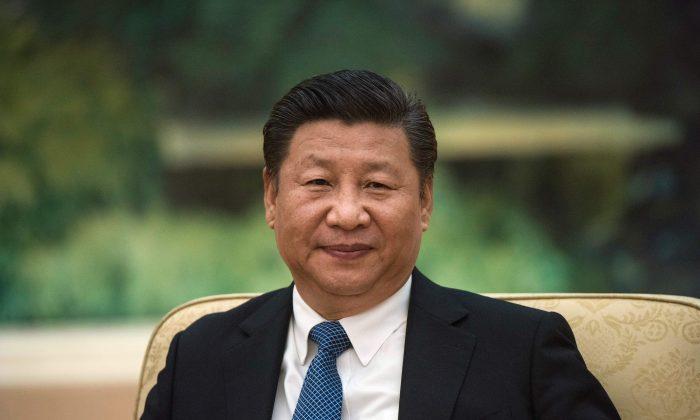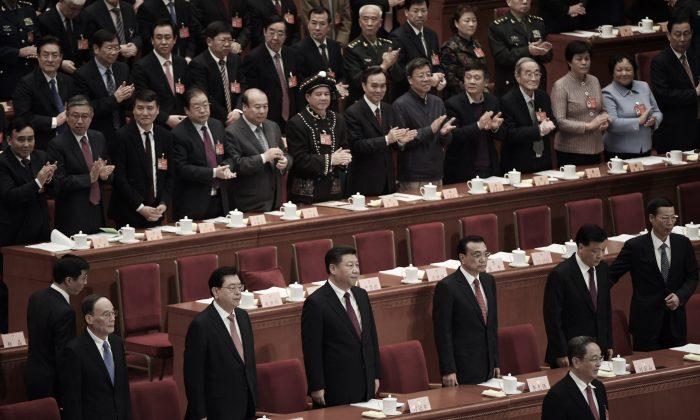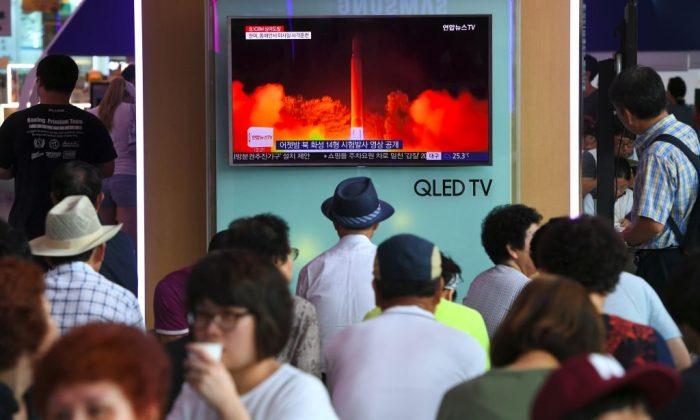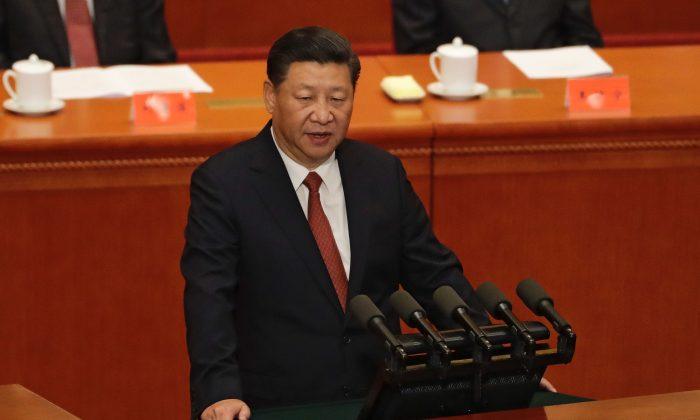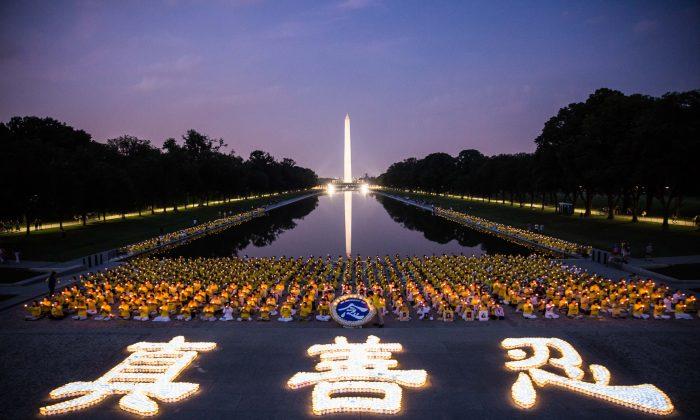News analysis
Anyone living in China in the past four years would be acutely aware of Chinese leader Xi Jinping’s anti-corruption campaign: Official and semi-official media carry statements announcing the probe or purge of government administrators and military officers on an almost daily basis.
But for eight days this October, the Xi leadership ported the anti-corruption campaign into documentary format, beaming it on the television screens and portable electronic devices of hundreds of millions.
This new method of dealing with corruption diverges from an unwritten Communist Party rule—never air the Party’s dirty laundry and tarnish its reputation. Xi Jinping is diverging from custom, likely to break with the practice of Jiang Zemin, the former Chinese leader who bred widespread corruption in the country, and finalize a takedown of Jiang.
‘It’s a Tragedy’
Each 40 minute-long episode of “Always on the Road,” the new documentary series, features dozens of disgraced officials confessing their insatiable greed, abuse of office, and formally extravagant lifestyles and habits.
Zhou Benshun, the former top official of the northern Chinese province of Hebei, is one of the more extreme cases. He once lived in a two-storey, 8,600-square-foot house with 16 bedrooms, and paid his two cooks and two nannies—one who just cared for his pets—hundreds of thousands of dollars in salaries. Zhou’s son frequently took millions of dollars in unreturned “loans” from local businessmen.
Putting in a particularly emotional performance during his televised confession was Li Chuncheng, the former leader of the southwestern city of Chengdu.
“I’m in the wrong,” said Li, removing his spectacles and covering his face between sobs. “I’ve let down the Party and the people … I am nearly at the end of my career, based on the typical retirement age, but now I’ve met this end. It’s a tragedy.”
In October 2015, Li was sentenced to 13 years in jail for taking bribes worth nearly $6 million.
Elsewhere in the documentary series, which is jointly produced by the anti-corruption agency and state mouthpiece China Central Television (CCTV), Xi Jinping is depicted as a thrifty, salt-of-the-earth character who eats and lives simply. Party internal police preach the importance of a disciplined cadre corps, while scholars trace the roots of clean government to the teachings of Confucius and Emperor Taizong of the Tang Dynasty.
“Always on the Road” has decent viewership numbers and engagement. Three days after the last episode was broadcast, the videos on the web were watched 15 million times, while the documentary website accrued 110 million pageviews and had over 50 thousand comments, according to the semi-official Beijing Times.
Political Advertisement
Political analyst Li Tianxiao says that the documentary feature appears to have three functions: Open the eyes of the Chinese citizens to the corrupt officialdom; “intimidate and caution” serving and retired Chinese officials who are associates of the former Party leader Jiang Zemin; and consolidate the position of Xi Jinping ahead of a recently concluded political conclave.
Because most of the corrupt officials featured are linked with Jiang—including Zhou Benshun and Li Chuncheng, and once untouchable elites Bo Xilai and Zhou Yongkang—it also sends a clear message to those still supportive of the Party godfather that the political winds have shifted.
Road Not Taken
Some overseas Chinese commentators have criticized the documentary for presenting a sanitized version of official corruption; in a piece for the Chinese language Voice of America, prominent Chinese author and economist He Qinglian wrote that “excessive drinking and feasting aren’t even considered corrupt behavior during the Jiang Zemin era,” and that former Guangzhou official Wang Qingliang was notorious not for taking to the bottle, but for his debauchery.
But the mass televised confessions and the level of detail of corruption provided in “Always on the Road” are troubling enough for the Party’s image, which Party leaders are usually very concerned with. During Jiang’s nearly two decades overseeing the Chinese regime, hardly any incidents of high-level corruption were publicized.
“Xi Jinping’s signal is very clear,” said Li Tianxiao. “Those who commit crimes must be held responsible, even if it affects the Party’s image and interests.”
Li thinks that Xi Jinping was willing to sacrifice the reputation of the Party to bring in Jiang, and end the practice of crony capitalism and human rights violations perpetrated by Jiang.
“The current political situation could change very rapidly,” Li concluded.
